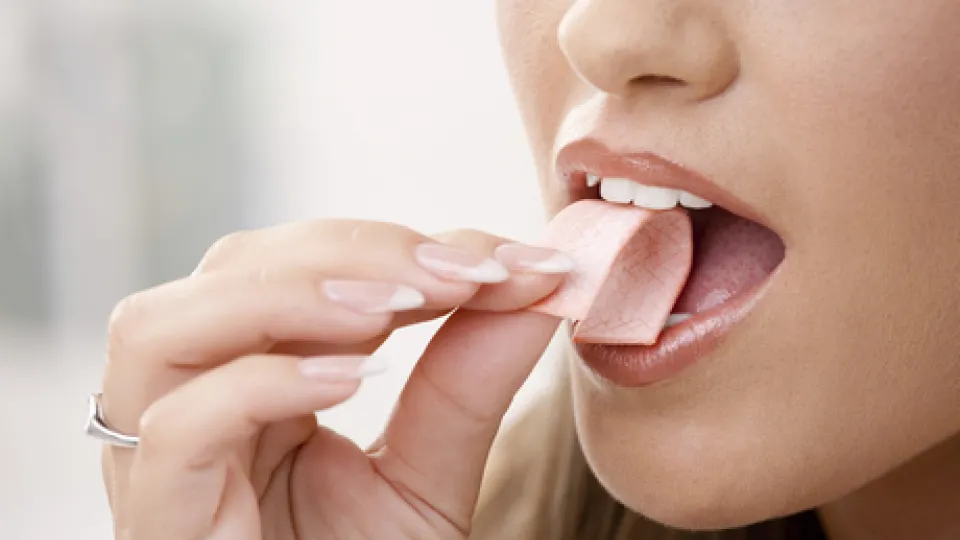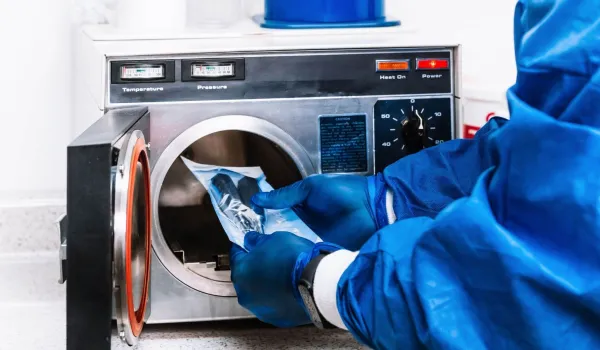
Chewing gum has been around since ancient times, explains the American Dental Association. Not only did the classical Greeks chew it, so did the Mayans and the Native Americans in the northeastern United States. Apparently, the urge to chew is a very, very old one.
Let's clear up some of the misconceptions and share the realities of that gum habit you or your children might be savoring. Armed with facts, we'll make better decisions.
WHY DOES GUM HAVE A BAD RAP?
The first and most obvious reason that gum has a bad reputation is that lots of brands load their gum with sugar and corn syrup to make you want more, more, more of that sweet, delicious flavor. Unfortunately, not only does this perpetuate the cycle of sugar addiction (making you want to eat other, higher-calorie sweets), too much sugar can lead to serious health problems such as diabetes, heart disease, and cavities.
Of course, you'd have to eat a lot of gum to develop such problems. Nevertheless, gum does reinforce a longing for sweets that can be bad for your body. The Journal Eating Behaviors found it is a myth that chewing gum before a meal will help you eat less. In fact, while gum doesn't decrease caloric intake, it does decrease our tendency to pick healthy foods such as fruit, and therefore negatively impacts the overall nutritive value of our meals.
To people who are susceptible to temporomandibular joint disorder or TMJ, gum is also dangerous. Too much chewing can create problems with the jaw muscles and joints, causing the jaw to feel locked or sore.
CAN GUM EVER BE GOOD FOR YOU?
The good news is that it can. The American Dental Association says that chewing sugar-free gum after a meal can benefit you by causing saliva to flow, which washes away the acidifying residue of your meal, thereby protecting enamel. Chewing sugarless gum after a meal for 20 minutes or so can substantially increase your cavity-fighting ability, so as long as you can restrict yourself to the unsweetened stuff, you're in good shape.
If you are looking for a chewing gum that can improve your dental health, look for the ADA's seal, which is only earned if a company can scientifically prove that their gum "is effective for one or more specific indications, such as reducing plaque acids, promoting remineralization of tooth enamel, reducing cavities and/or reducing gingivitis."
DOES CHEWING GUM REPLACE OTHER ORAL HEALTH HABITS?
It sure doesn't. Chewing gum is not a substitute for brushing or flossing, which are both associated with long-term dental health: "The ADA recommends brushing twice a day with a fluoride toothpaste and cleaning plaque from between your teeth once a day with dental floss or other interproximal dental cleaners," their website explains.
So that's the skinny. Chewing gum is good for you after a meal, as long as it's the right kind. But no matter how much we'd like it to be, the giant, sugary, bubbly stuff should probably remain on the shelf. Another life mystery solved!
Interested in a career in dental assisting or as a dental hygienist? Check out our programs at Concorde Career College.
Take The Next Step Towards a Brighter Future
We have a Concorde representative ready to talk about what matters most to you. Get answers about start dates, curriculum, financial aid, scholarships and more!




